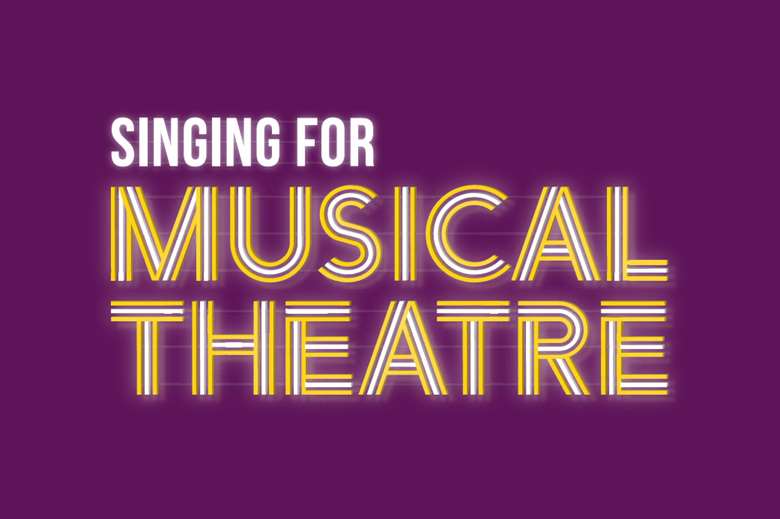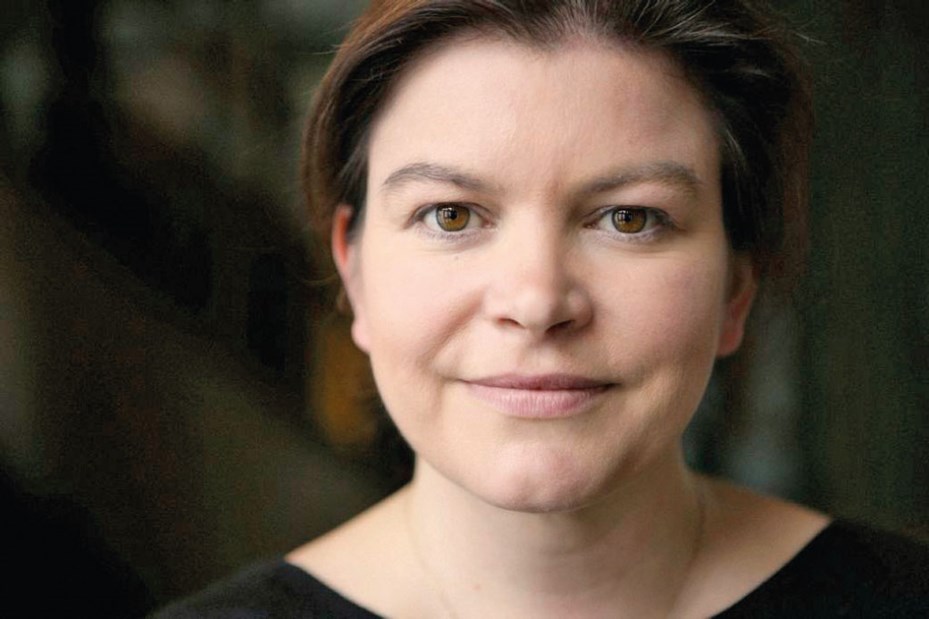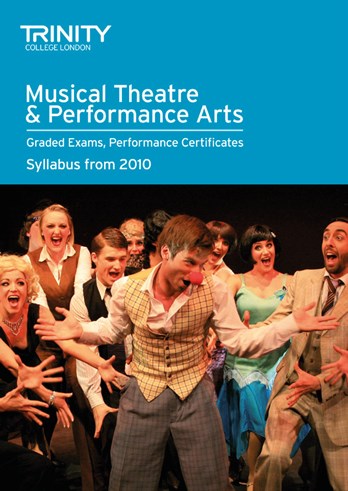Marking Musical Theatre: Music Theatre exams
Sarah Lambie
Saturday, September 1, 2018
Sarah Lambie takes us through the new ABRSM Singing for Music Theatre exams and sees how they compare to the other options currently offered to students.

If you say the phrase ‘West End Show’ to most people, their assumption will be that you're talking about a musical. While plays do still occupy several of the West End theatres, like Broadway, London's theatre-land is synonymous with big chorus numbers – and for many young people, particularly in the age of How Do You Solve a Problem Like Maria? and I'd Do Anything, those bright lights represent the pinnacle of their ambitions.
A quick search across online parenting forums confirms that lots of young people are interested in taking exams in musical theatre, but that parents are seeking advice on which board's offering to put them in for as the old faithful ABRSM hasn't, historically, offered the option. But that has just changed.
Philippa Bunting is ABRSM's learning and qualifications director. She tells me that from October 2018, Grades 1, 2 and 3 of the new Singing for Musical Theatre exams will be available, for first examination in January 2019, with further grades being added from September next year.
I asked her why ABRSM felt that now was the time to make this set of qualifications available: ‘A lot of our existing singing candidates are really interested in this repertoire and wish to specialise.’ The board also identified what they felt was a gap in the market for ABRSM's particular focus on musicality of delivery: ‘We've been advised by the industry that other boards focus more on the performance, rather than the vocal quality itself, so our exams are a chance to focus on that if that's your strength and what you really love doing. We examine musical outcome, and the credit will be for what they do with their performance musically and how it's acted through the song.’
In many ways, then, this is a comfortingly familiar set-up for those who are used to teaching or studying for ABRSM exams. One small difference, however, will be the way in which choice of repertoire is made available: ‘The song choice will be available online,’ Bunting explains, ‘Instead of publishing a syllabus booklet which fixes the syllabus for a period of time, we're launching the syllabus online, which means that as new shows come in we can have our consultants look at them and we can add new repertoire. The idea is that it's a living list, so we've got people scouring the West End for new songs which might be appropriate, and as you move on up the grades that range will get even greater.

Philippa Bunting
‘We have been very careful to choose for the repertoire songs we feel can be sung safely. Obviously there's a concern around musical theatre singing in terms of ‘belting’ too early, which we've taken account of in our developmental processes.
‘All of our exams are open to anyone of any age, but obviously there will be quite a lot of young children who might want to take these exams – and we put a bit of caution around it. There are flag ratings for adult content, because we don't want young children blundering into songs which push either their range or their technique, or where there is something inappropriate either in the story around it or the song itself.’
As grades progress, songs will present greater challenges but ‘the number of songs will stay constant,’ she says. ‘Complexity is always a difficult one in singing. It's not just that the song gets more complicated: it might have a more complicated story to tell, it might have more complex emotional content in it, and so on. As always, we peg the top end to thinking about what you might need in your skillset if you're going to audition for a vocational school. It's not predicated on that, of course, but at the top end it feels that our responsibility is to equip you with a range of skills that put you in a position where you could start thinking about doing it seriously if you wanted to.’
I asked Bunting why teachers and students might choose these exams over the several others which have been available for some time, and unsurprisingly the emphasis is on ABRSM's reputation: ‘Part of this is that it brings musical theatre into the family, applying exactly the same standards to it as any other performance. With ABRSM's long history and heritage, this offers the chance to test yourself against the same benchmark as another singer singing another genre, or any instrumentalist. So it has that credibility that it's absolutely aligned with all our other graded music exams. We offer it across 93 countries and it goes live in all of them on the first of January so we're hoping it will be a global thing – as musical theatre is.’
I anticipate that the exams will be extremely popular. There is no denying that the familiarity of structure for those who already teach or learn with ABRSM – right down to the examining method which of course slots conveniently into their usual examining timetable – will be an attractive prospect. However, as the gap in the market has existed for some time, a number of other boards with slight differences in their methods and focus have already been offering graded exams in this field.
London College of Music
London College of Music (LCM) offers eight Music Theatre grades, plus two introductory levels, four performance diplomas, and three teaching diplomas.
The standard graded exams consist of a performance of two to four pieces, and a discussion. At Grade 8, candidates also have to sight-read one part of a dialogue from a libretto.
Unlike ABRSM, LCM also offers five Music Theatre duet levels, in which exams consist of a performance of two to four pieces (grade dependent) and a discussion.
Like ABRSM, candidates can attend public exam centres or an examiner can be sent to a private centre by arrangement.
Trinity College

The Trinity Musical Theatre syllabus offers grade examinations in Musical Theatre for solo, pair, and group work. Grades run from 1 to 8 with diplomas and opportunities for learners under the age of seven as well.
These syllabuses examine the three disciplines of singing, acting, and movement, and candidates need to demonstrate their ability in these skills through integrative performance. At all levels the syllabus offers a wide choice for selection of performance material, which may include material from the candidate's own country or culture.
trinitycollege.com/site/?id=302
LAMDA
LAMDA offers solo, duo or group exams (in which case musical theatre scenes are presented).
Examiners look for movement and physical interpretation as well as vocal delivery of the song, and the number of songs to be performed increases with the grades.
In some grades, candidates must also perform spoken monologues or duologues, and in discussion various aspects of knowledge are tested including technique and contexts for the chosen songs.
Rockschool
Rockschool's Performance Arts Awards (PAA) examine a group performance while assessing each candidate individually.
The format and content of a PAA Musical Theatre performance is completely up to the teacher, but three core elements will be examined whether the teacher chooses to present a show or a group performance: the performance, technical skills, and understanding and reflection.
In all cases, the examiners come to you, and candidates are assessed from Debut up to Grade 8.
New Era Academy
New Era offers solo, duo or group exams from preparatory up to Grade 8. Exams involve performance and discussion as in other boards, but the repertoire is a little more specific, with the requirement to perform songs by particular composers or with particular emotional subtexts.
In the later grades, candidates must also perform an acting improvisation set by the examiner in the room, and knowledge of both vocal and physical technique, and musical theatre history, is required for the discussion part of the exams.

